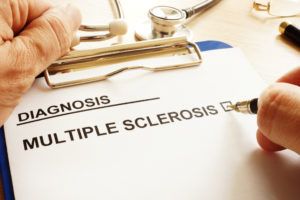
Stem Cell Therapy in Pakistan from the USA Leader! Treatment in Islamabad. Contact today to set up your consultation.


R3 STEM CELL MULTIPLE SCLEROSIS GUIDE
Every day, R3 Stem Cell receives inquiries worldwide from individuals asking if stem cell therapy can help for Multiple Sclerosis (MS). Spoiler alert: It can help a lot! In this . . .
Multiple sclerosis (MS) is a degenerative disease that can cause a number of physical and mental symptoms. MS is a disease that affects the brain and spinal cord and, thus, the entire nervous system. As the disease progresses, patients become subject to increasingly intense symptoms.
While people with multiple sclerosis don’t always have a decreased lifespan, the quality of their life can be decreased. Because of this, researchers are consistently searching for an approach that can help fight symptoms of MS.
Stem cell therapy may yet prove to be a unique and effective approach for managing multiple sclerosis. This article explains a bit about MS and how stem cell therapy could be a useful approach.

Multiple sclerosis is a condition in which an individual’s immune system begins to attack the protective material of their nerve cells. This protective fiber, known as myelin, helps to ensure healthy communication between nerve cells.
When the myelin is damaged, nerve cells subsequently become damaged. This prevents your brain and nervous system from being able to effectively communicate. This communication difficulty is what causes many of the symptoms of multiple sclerosis.
There are two types of stem cells that have been used for the treatment of MS.
Each of these cells has been used in a different way.
People with extreme treatment-resistant MS have often reported positive results when using HSCs for Multiple Sclerosis. While there is some risk to this treatment, the majority of people – as many as 98% – respond favorably.
The theory in this case is that HSC transplants will reboot the immune system. Ideally, this causes the immune system to stop attacking the nervous system. This can reduce symptoms of multiple sclerosis.
There are currently a number of animal studies being done on the use of MSCs for treating MS. Because of their ability to help fight inflammation and repair damaged tissue – including nerve tissue – MSCs are a promising tool for treating multiple sclerosis.

While the research does indicate that MSCs might be useful for improving symptoms and quality of life, more research is needed before this form of treatment will be considered a mainstream approach.
Multiple sclerosis is a difficult condition that affects the brain and nervous system. Symptoms of MS can be debilitating and the condition is often hard to treat.
The use of stem cells seems to be proving useful for managing multiple sclerosis. Stem cells are known to help improve neural functioning and repair damaged tissues. This allows them to help fight symptoms of multiple sclerosis and improve the quality of life for people who are resistant to typical treatment.
Stem cell therapy for Multiple Sclerosis is offered by R3 Stem Cell International in Pakistan. Contact us Today at +1 (888) 988-0515 for an Evaluation for stem cell treatment!
Contact R3 Stem Cell today to learn more about the treatment and how it can help you!